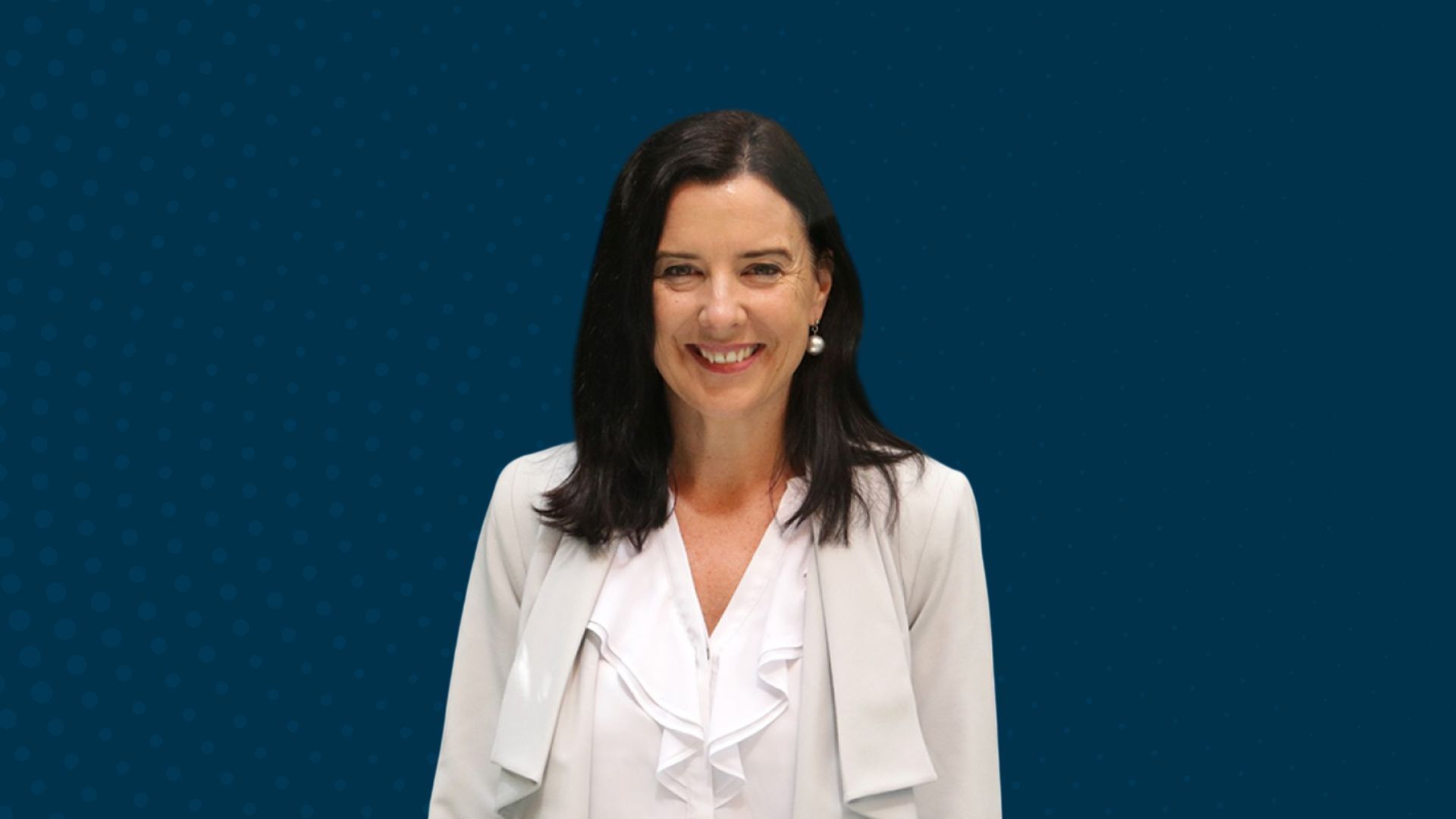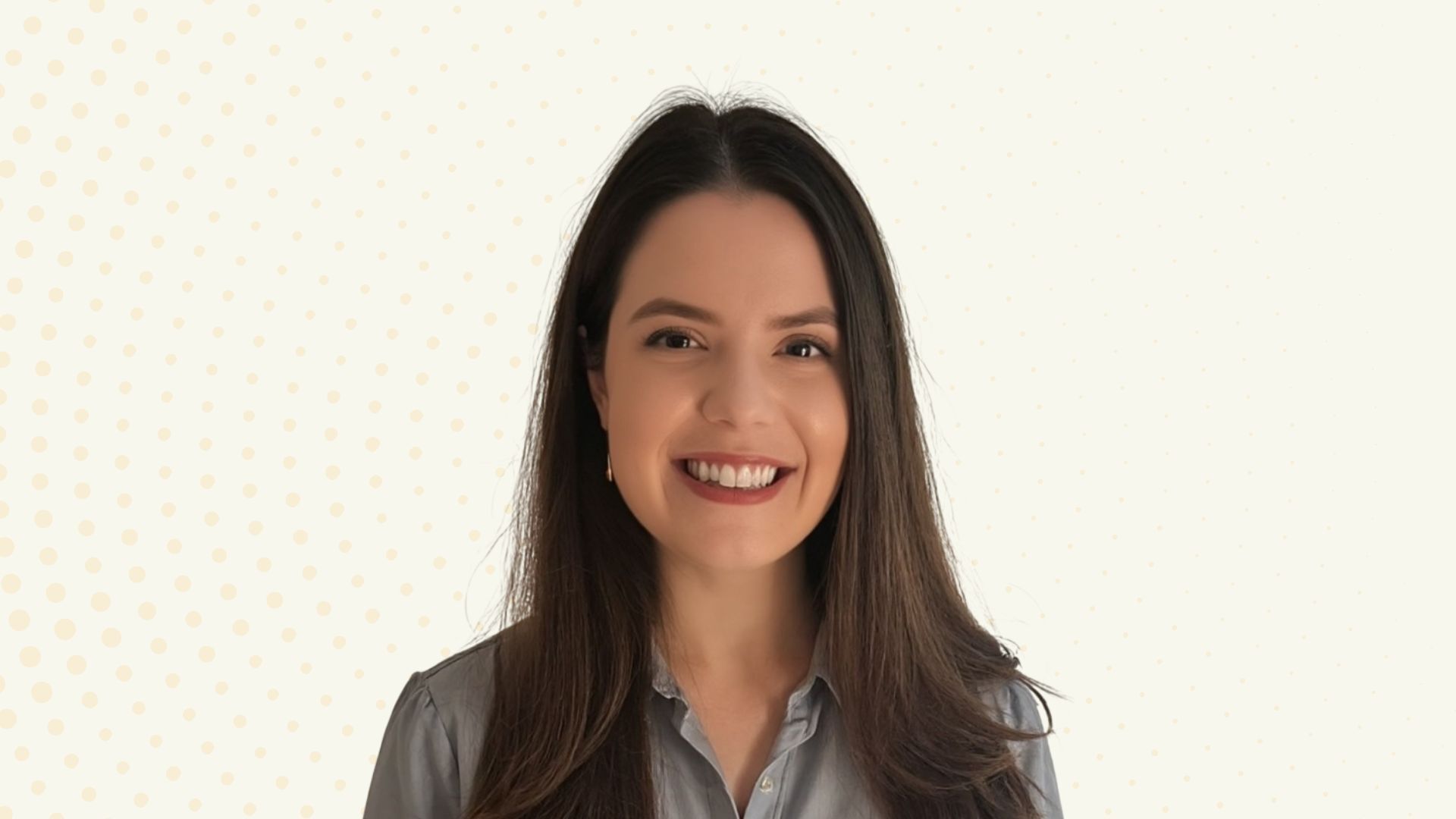Calling public relations “the dark side” isn't just tired, it’s irrelevant.
The once-rigid line between journalism and public relations (PR) is now blurred, and more journalists are choosing to cross it. Whether driven by a desire for new challenges, layoffs or burnout, many are bringing their newsroom instincts into comms and reshaping the industry as they do.
But this isn’t just a wave of career changes, like when marketers flocked to social media in the 2010s, or creatives moving into AI and UX roles.
It's a shift that will, and should, redefine PR as we know it…and it's already underway.
Why more journalists are making the move
It's no secret that newsrooms are shrinking. Redundancies, budget cuts, and mounting pressure have pushed even the most seasoned reporters to reconsider their future. For many, journalism now offers less career security, fewer opportunities, and limited creative autonomy (sometimes all at once).
Meanwhile, PR has evolved. No longer confined to media pitching and press releases, it now spans strategic reputation management, stakeholder engagement, audience-building, and narrative design. In this context, journalistic skills - clarity, speed, critical thinking - are not only transferable, but essential.
And as AI-spun content floods our channels, the call for clear, credible, human storytelling has never been louder.
What ex-journalists bring to the table
Journalists moving into PR don’t just change jobs. Bringing a mindset that's fast, focused, and fiercely audience-first, they:
- Manage multiple stakeholders and high-pressure dynamics (editors and chiefs-of-staff are no walk in the park)
- Write stories that actually get read
- Create brand narratives free from buzzwords and "brand speak"
- Distil complexity into clarity, quickly
- Understand newsroom rhythms and what reporters need to build a story
But it goes deeper than skill.
Ex-journos understand that a good story isn't about the brand, it’s about the audience. It's about relevance, context, and value. These instincts are gold in an industry still learning to speak human and let go of self-congratulatory messaging.
Too often, PR strategies chase coverage over connection, or clicks over conversations. Journalists bring instincts that help reframe that focus and strengthen the work we do.
The stigma that lingers
Still, the transition isn't always smooth. Some ex-journos wrestle with internal and external doubts: Am I selling out? Will I still be respected by my peers?
There’s a persistent perception that PR is superficial or overly commercial. And yes, badly executed PR doesn’t help… generic pitches, fluffy quotes, or "just get us coverage" briefs only reinforce those fears, especially for those coming from hard news backgrounds.
After 25 years in broadcast, one journalist reflected:“ When I transitioned to PR / media relations, I felt I owed the industry an apology. I never fully appreciated how strategic and layered the work is. We’re two sides of the same coin - both trying to communicate a message."
That perspective isn’t uncommon. In fact, many ex-journos discover that the work is more creative, demanding, and mission-driven than they expected.
PR isn’t all celebrity schmoozing, sneaker launches, or spin. Many ex-journos are drawn to the field because of the challenge it presents: turning dry corporate content into compelling stories, shaping purpose-led narratives, and advocating for meaningful issues through awareness.
What PR needs to do better
Some ex-journos also struggle with the tone, pace, or client-facing nature of PR, particularly when they’re dropped into environments that don't play to their strengths.
That’s where agencies and PR leaders need to step up. Hiring ex-journalists for their credibility is a start, but not enough. Onboarding, mentorship, and thoughtful role design should be built around what they bring, not shaped by outdated PR moulds.
This isn't about squeezing newsroom experience into a press release template. It's about rethinking how we integrate fresh perspectives into modern communications.
Let’s ditch the divide
Of course, PR isn't the right path for every journalist, and the media ecosystem depends on that. But for those who do make the move, the value they bring is undeniable.
It's time to stop viewing journalism and PR as opposites. At their best, they are interdependent, both grounded in storytelling, critical thinking, and an instinct for what matters now.
Some tension still lingers between journalism and PR. But that's exactly why having more journalists in the room is an opportunity, not a threat. They challenge the work, raise the bar, and push for clarity over spin.
For ex-journos, PR isn't the dark side. It's where storytelling instincts meet strategic influence on a whole new scale.
Jasmin Hyde is the founder of Hyde & Seek Communications, a strategic communications agency for brands shaping a better future. Her new program, Press to PR, helps ex-journalists transition confidently into public relations by combining newsroom instinct with strategic communications thinking. To learn more, connect with Jasmin on LinkedIn or at jasmin@hydeandseek.agency.



-2.png)